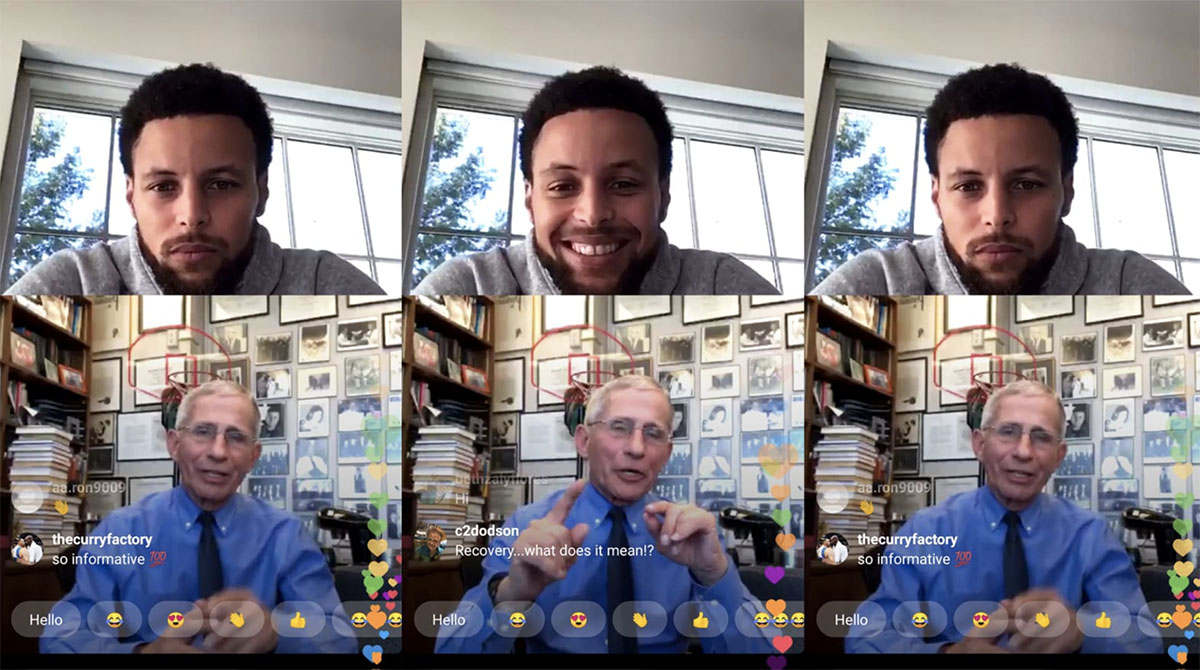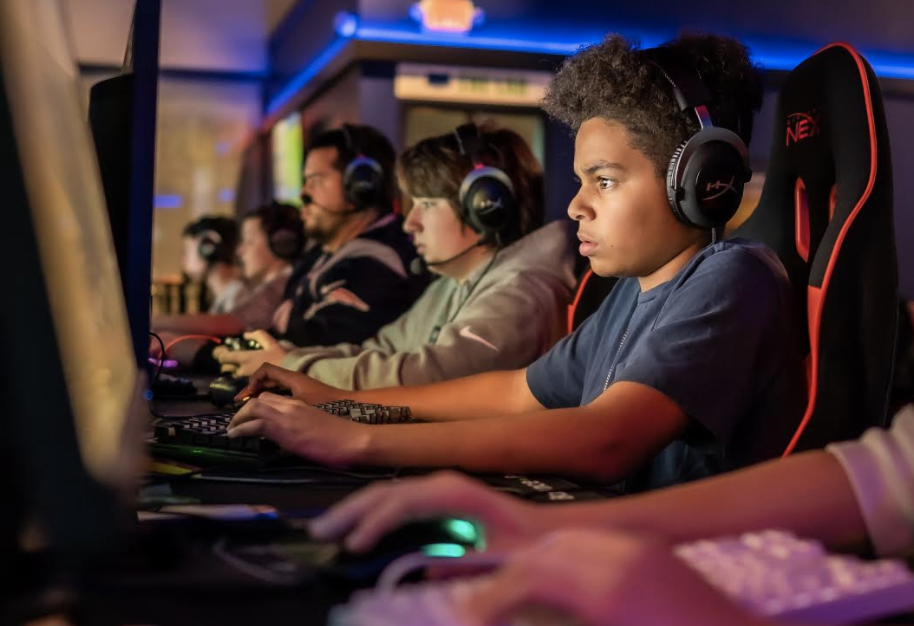How do we cover sports when there are no sports left to cover? With leagues across the world halted for the current global COVID-19 pandemic, sports journalists are left answering that question—one that would have been unthinkable just a month ago. New England radio hosts have responded by discussing Tom Brady’s departure from the Patriots for three days straight. On First Take, sports personality behemoths Stephen A. Smith and Max Kellerman are answering ambiguous questions like, “Who is more valuable: Lebron James or Patrick Mahomes?”
Sports journalism has been forced to react and adapt to the unexpected shutdown of professional leagues virtually across the board. For some that means finding a coronavirus angle. For others, that means getting creative with what there is left to cover when the box scores stop rolling in. The nation is just two weeks removed from the NBA, NHL, MLS, and MLB closing their doors indefinitely, and sports reporting has now entered the uncharted.
Jake Fischer, a former writer at Sports Illustrated and Northeastern University graduate, spoke with Game Plan about what the league shutdowns mean for sports journalism. Fischer is now working on a book, but in his role at Sports Illustrated he primarily covered the NBA, the league with the first professional player to contract the virus in the United States.
With stay-at-home orders and most people working from the house, the natural temptation is to get at sources that would otherwise be unreachable in season. After all, everyone is cooped up, so what else do they have to do but pick up the phone?
But the circumstances due to COVID-19 are tenuous. “If you’re trying to get in contact with a person you don’t already have a relationship with, you’re really toeing the line between trying to do your job and being sensitive of the situation,” said Fischer. Sensitivity is required, but, as with any sort of feature writing, people need a hook.
Feature writing that sells the best, said Fischer, is writing that can be tied to a current news peg. Now, that means tying any sports reporting to COVID-19.
“This [is the] overall, A1, number one, and only story in the world,” he said. “The goal is absolutely to try to work things out that are adjacent or tangential to the situation.”
But those are not the only stories being produced.
The temporary suspension of sports has also led to a lot of retrospective pieces. Publications are looking back at old games and special moments in sports history. Fischer mentioned The Athletic, and how a lot of the content being produced there has been about the past, or “on this day in history” stories, since the sports shutdown.
Some writers are even mixing both. In his article about the 2008 Celtic’s Game 7 win against the Lebron James led Cavs, The Athletic’s Jay King opened with this: “The sports world is shut down. The country is following behind it. The coronavirus has changed so much in the world already and is promising to change so much more.” He then goes on to write that, “we don’t have live games to watch, but we can go back in history and relive some of the best games ever.”
Other people, said Fischer, are still covering the league, albeit in a different way. Those pieces are more hypothetical, he added. Pieces like, “When could MLB actually return? Here’s the latest we’re hearing,” are running on major sports sites like ESPN.com.
But there are certain sports stories that are evergreen and tend to have staying power, no matter the situation. These are the sort of stories that Fischer has always been drawn to write.
The last article listed under Fischer’s name at Sports Illustrated is about NBA half-time performer, Red Panda. Red Panda is a star between the on-the-court action, performing for teams across the NBA. Her act is simple in its idea, complex in its execution. While riding a unicycle, she gets tossed a bowl which she catches and then kicks onto a stack on her head. “My ideas are always a bit left of center,” said Fischer.
He also thinks it is the kind of writing that will persevere, and even stick out during trying times. That’s because, according to Fischer, you have to, “think about what you would want to read” during this time. And, in between the 24-hour coronavirus news cycle, lighter news can be appreciated. “That type of storytelling will ultimately be what survives, the further and further we get,” said Fischer.
He was also sure to mention how lucky he feels that his livelihood isn’t completely attached to league play. As his roles have always revolved around feature stories, rather than beat reporting, he feels his situation is not as bad as it could be. Beat reporters, he said, live off of the 24-hour news cycle, and live updates.
“When you’re on a beat and there isn’t really anything going on, the thought has to go to your mind, ‘why would they pay me right now.’”
An article by Nieman Lab published earlier this month pointed out that freelancers are also at a particularly difficult crossroad. Relying on stories based on individual games or events, many of these “guns for hire” are expecting massive, and potentially devastating, gaps in this year’s annual paycheck as stadiums could sit empty for some time.
Fischer also noted how fast things are changing, and how uncertain these times are. As the situation regarding the virus changes, the journalism will too. “We are in Week 2 I guess, of the country-wide shutdown,” said Fischer. “It’s going to be interesting, because the answers I give you now could be totally different in a few weeks.”



